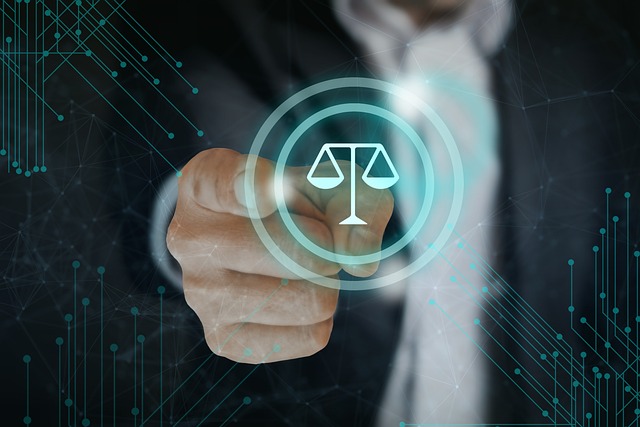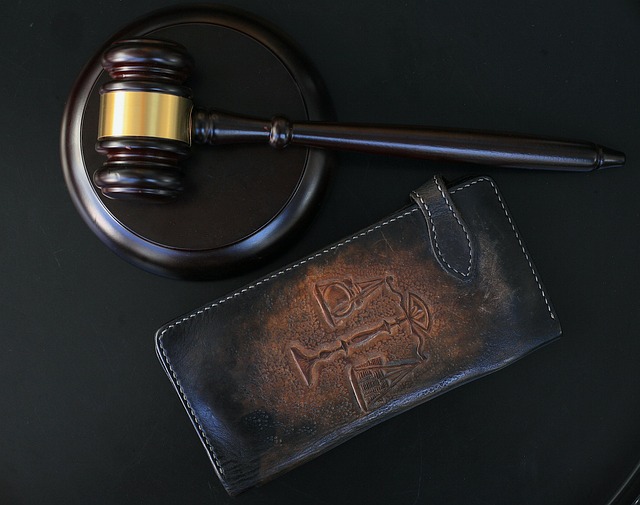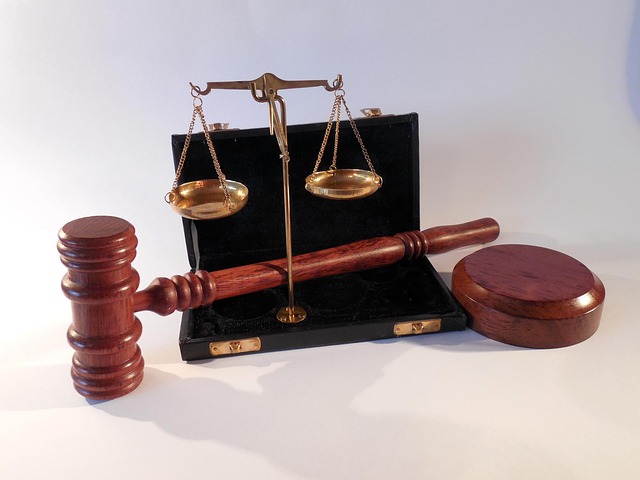Personal injury lawsuits require gathering evidence like medical records and witness statements, identifying the at-fault party, and understanding negligence laws. Specialized law firms with expertise in navigating complex regulations and state-specific rules are beneficial for both corporate and individual clients. Effective management of evidence ensures fairness and increases chances of a positive outcome. For healthcare law firms, this includes comprehensive medical records, incident documentation, prompt injury reporting, thorough investigations, expert witness testimony, and narrative reconstructions to secure trial outcomes. Mastering these steps is crucial for upholding injured parties' rights. How to File a Personal Injury Claim involves these key components.
In today’s complex healthcare landscape, navigating personal injury claims requires expert legal guidance. This article delves into the intricacies of healthcare law firms and offers valuable insights on understanding personal injury lawsuits, gathering compelling evidence for your claim, and effectively navigating the claims process. By exploring these key areas, individuals seeking compensation for medical mishaps or negligence can increase their chances of success and ensure they receive fair and just recompense – all vital steps in ‘How to File a Personal Injury Claim’.
- Understanding Personal Injury Lawsuits
- Gathering Evidence for Your Claim
- Navigating the Claims Process Effectively
Understanding Personal Injury Lawsuits

Personal Injury Lawsuits play a significant role in compensating individuals for physical and emotional harm caused by the negligence or intentional acts of others. When someone suffers injuries due to another party’s carelessness, they may have grounds to file a claim, seeking damages for medical expenses, pain and suffering, lost wages, and more. The process begins with understanding how to file a personal injury claim, which involves several crucial steps.
Firstly, victims should gather evidence, including medical records, police reports, witness statements, and any relevant photographs or videos. Next, they need to identify the at-fault party and assess whether their case aligns with the legal standards for negligence. Many successful claims are handled by law firms specializing in personal injury cases, which offer expertise in navigating complex laws and regulations. These firms cater to both corporate and individual clients across the country, providing tailored strategies that consider state-specific rules, especially in the diverse landscape of general criminal defense.
Gathering Evidence for Your Claim

Gathering evidence is a crucial step in any personal injury claim. It’s essential to document everything related to the incident, from medical records detailing your injuries and treatments to witness statements providing an accurate account of what happened. Photos of the scene, including any visible damage or injuries, can also serve as valuable evidence. Additionally, keep track of all communications with insurance companies, healthcare providers, and other relevant parties, as these can shed light on liability and the extent of your injuries.
When filing a personal injury claim, organizing and presenting this evidence effectively becomes vital for his clients. A well-prepared case showcases the severity of the harm suffered and increases the likelihood of a favorable outcome, whether through settlement negotiations or court proceedings. Remember that the philanthropic and political communities often benefit from robust legal processes, ensuring fairness and accountability in various aspects of society.
Navigating the Claims Process Effectively

Navigating the claims process is a critical aspect for any healthcare law firm dealing with personal injury cases. The first step in this journey is to understand how to file a personal injury claim effectively. This involves gathering comprehensive medical records, documenting the incident, and promptly reporting the injury to relevant authorities. A thorough investigation is key; it helps establish liability and quantifies the extent of damages. This process can be complex, especially when dealing with white-collar and economic crimes, requiring meticulous attention to detail and an in-depth understanding of legal precedents.
The path to a successful outcome often lies in building a compelling case that resonates with juries in their trials. Healthcare law firms must employ strategic tactics such as expert witness testimony, medical opinions, and compelling narrative reconstructions to present a strong argument. Additionally, navigating through challenging defenses is crucial; whether it’s an intricate legal argument or complex factual disputes, the goal is to secure winning challenging defense verdicts that uphold the rights of the injured party.
When navigating a personal injury claim, understanding the legal process and gathering solid evidence are key. By following the steps outlined in this article—from comprehending your rights under healthcare law to effectively managing the claims process—you’ll be well-equipped to file a successful claim. Remember, seeking professional guidance from experienced healthcare law firms can significantly enhance your chances of obtaining the compensation you deserve for your injuries. So, take action and learn how to file a personal injury claim with confidence.






